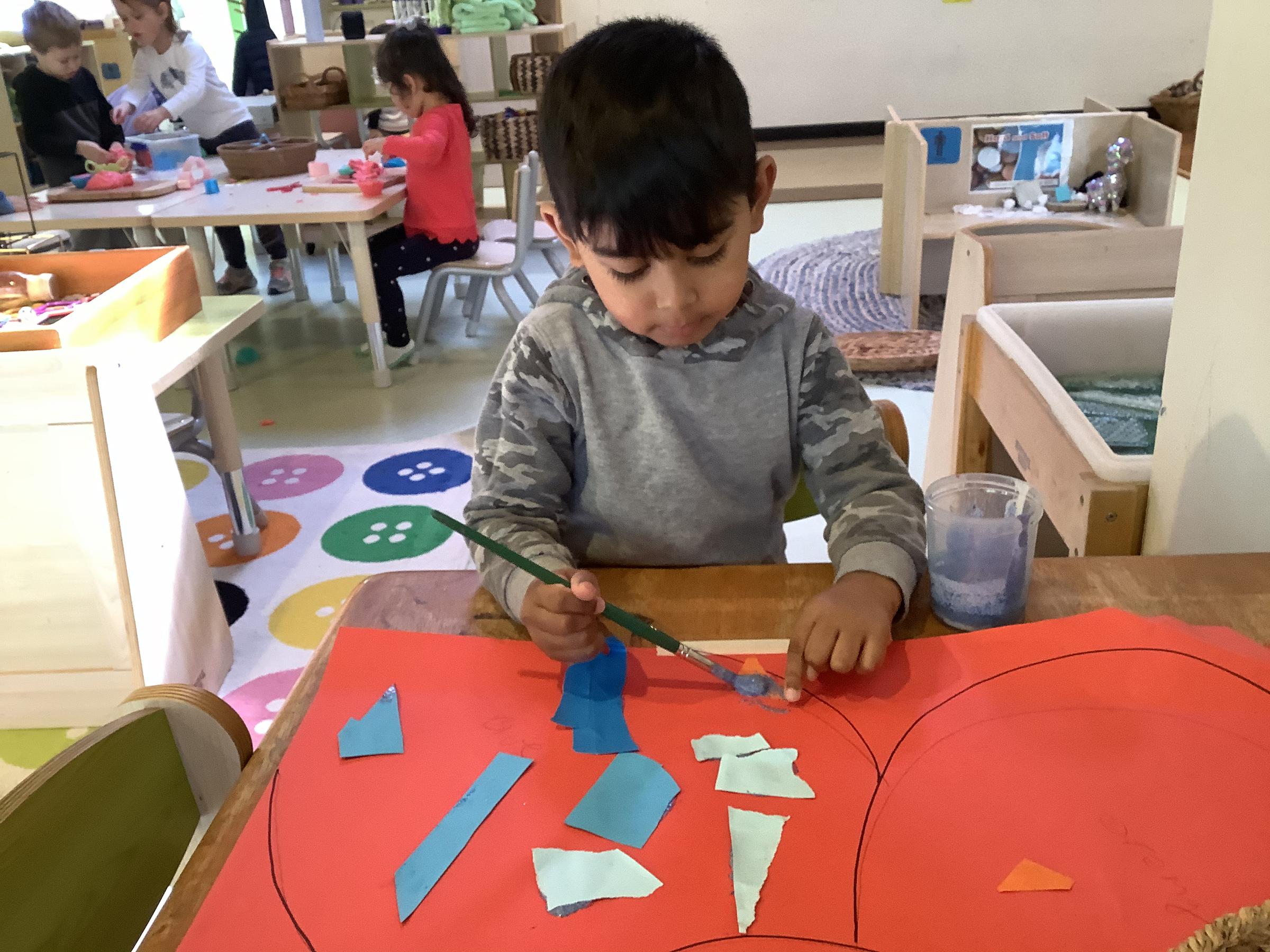Development of Haven's Curriculum
Early Learning Matters

Development of Haven's Curriculum
Early Learning Matters
Early Learning Matters
This is something you will continue to read and hear about more and more. Early Learning Services are no longer looked at as “daycare” but exposure to learning that is of the upmost importance. Did you know that up to 90% of brain development occurs in the first five years of life? Having children introduced to Early Learning Curriculum and programs creates a solid foundation for further learning.
Through study and training educators progress through their Certificate III in Children’s Services and then onto their Diploma of Early Education and Care. During this time, the importance of learning about theorists and their philosophies will help shape each of the educators. It may not be until they are on the floor exposed to the Early Years Environment, that they really find their own philosophy.
At Haven we don’t have one underlying theorist that we apply to our curriculum. We believe that as a team of educated professionals, we bring with us individual philosophies. The important thing is then as a team we discuss these, and from here we create our individual class programs. These evolve as so do children and the way they learn, so we are open and flexible to change. Let me introduce you to Reggio, Steiner, Montessori, Vygotsky and Skinner.
Our River Classroom Curriculum (0-2 years) is based on the Reggio Emilia Approach.
The Reggio Emilia philosophy is an approach to teaching, learning and advocacy for children. In its most basic form, it is a way of observing what children know, are curious about and what challenges them. Teachers record these observations to reflect on developmentally appropriate ways to help children expand their academic and social potentials. Long term projects connect core academic areas in and out of the classroom.
“There is an inner voice that pushes children on, but this force is greatly multiplied when they are convinced that facts and ideas are resources, just as their friends and the adults in their lives are precious resources. It is especially at this point that children expect – as they have from the beginning of their life adventure – the help and truthfulness of grownups.”
Loris Malaguzzi
Our Sun Classroom Curriculum (2-3.5 years) is based on both Steiner and Montessori Approach.
The Steiner approach to education was formed by Rudolf Steiner, an Austrian philosopher, artist and playwright. Steiner developed a spiritual movement that he called anthroposophy, which is based on the idea that a child’s moral, spiritual and creative sides need as much attention as their intellect. He strongly believed in the idea of developing the whole person.
The Montessori Method was founded by Maria Montessori, an Italian Physician and Educator. She took a child-centered approach to learning that is focused on self-directed activity and hands-on learning. The Method is scientifically based on the key developmental stages children move through from birth to adulthood. It is designed to support and nurture children’s needs and interests by providing them with learning experiences suited to their stage of development. As Doctor Maria Montessori states: “Education is a natural process carried out by the child, and is not acquired by listening to words, but by experiences in the environment.”
Our Forest Classroom Curriculum (3-5 years) is based on both Vygotsky and Skinner Theorists
Lev Vygotsky was a Russian teacher who is considered a pioneer in learning in social contexts. As a psychologist, he was also the first to examine how our social interactions influence our cognitive growth. He was convinced that learning occurred through interactions with others in our communities: peers, adults, teachers, and other mentors. Vygotsky sought to understand how people learn in a social environment and created a unique theory on social learning. He determined that teachers have the ability to control many factors in an educational setting, including tasks, behaviours, and responses. As a result, he encouraged more interactive activities to promote cognitive growth, such as productive discussions, constructive feedback, and collaboration with others.
Burrhus Frederic Skinner belived that classical conditioning was far too simplistic to be a complete explanation of complex human behaviour. He believed that the best way to understand behaviour is to look at the causes of an action and its consequences. He called this approach operant conditioning.
This year you have seen us move away from reliance on sports, music and wellbeing daily incursions.
We initially moved to Bonkers Beat music and wellbeing program. While this was exciting to witness at other services, and to see how it flowed. To our classrooms that run uniquely, we needed to allow for greater resources. What we are very proud of is our mat times, transitions between learning and group experiences and we have learnt that we have a group of talented individuals, who have so much passion in these areas. So we decided to engage them in professional development and purchasing resources, to help support these programs.
Moving forward each classroom will have an extension to their program to show how each of these areas are being incorporated into your children's learning, and the outcomes the children's are achieving from them.
We look forward to progressing with this along with using our community to extend on the children's learning.